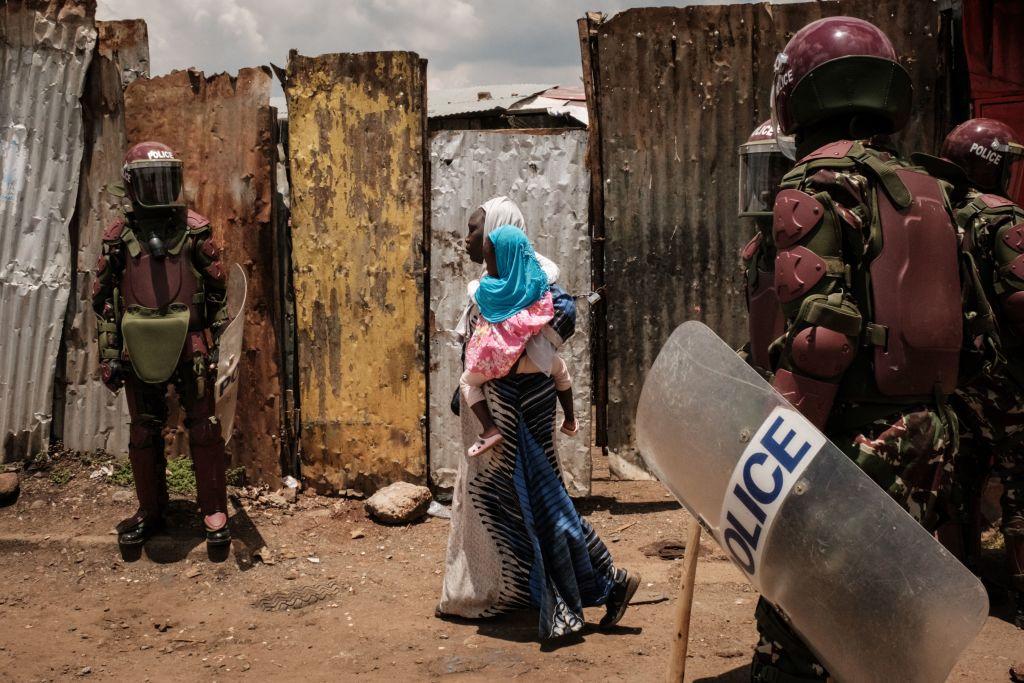
Planet A
Updates to Australia’s emissions reduction ‘safeguard mechanism’ will limit new gas and coal investments while hard-capping total greenhouse gas emissions. The initiative, which comes into effect on 1 July, targets 215 major polluting facilities including fossil-fuel operations, other mines, refineries and smelters that together emit more than 100,000 tonnes of CO2 annually, or roughly one-third of Australia’s carbon pollution. The law will require producers to reduce their emissions by 5% each year, either through their own cuts or by purchasing carbon offsets. They are not permitted to increase their total emissions and must ensure they decline over time.
Australia aims to reduce its carbon emissions by 43% from 2005 levels by 2030 and to achieve net-zero emissions by 2050, aligning more closely with UN goals. The government anticipates that the changes will enable the country to capitalise on decarbonisation possibilities and fulfil ambitious climate objectives. The Australian Greens backed the legislation despite their concern that it did not do enough to limit the use of coal and gas. While the government sees gas as a transitional fuel on the way to more extensive use of renewables, some analysts argue that gas is not the answer and will become too expensive to use. Those backing the changes to the law say it is necessary to reduce Australia’s vulnerability to extreme weather events such as bushfires, droughts and floods.
Democracy watch
Thousands of Kenyans have marched in anti-government protests coordinated by opposition leader Raila Odinga, who has accused President William Ruto of stealing the 2022 election. Odinga suspended a fourth ‘mega’ rally scheduled for Monday after an appeal from Ruto, but warned that demonstrations could resume if negotiations broke down.
Four protestors and one police officer have died since the protests began on 20 March, and 22 journalists have been injured by police and violent protesters. Ahead of the rally, the Kenya Media Sector Working Group said it had been told that the government planned to shut down the broadcast media and internet. Ruto publicly rejected the allegations and said his party had no intention of denying the free flow of information to the public.
The unrest has alarmed Kenya’s neighbours and allies and driven fears that the situation could escalate into a repeat of the ethnic violence seen after the 2007–08 elections, which left more than 1,100 people dead.
Information operations
Leaked corporate documents have focused attention on a disturbing partnership between Russian intelligence agencies and the Moscow-based defence contractor Vulkan. The documents reveal plans to augment Russia’s cyberattack capabilities, disseminate disinformation and conduct surveillance of the internet. They have exposed databases that can help identify and list vulnerabilities in global computer systems, potentially enabling targeted attacks.
The US has accused Sandworm, a state-sponsored hacking group, of exploiting Vulkan’s technology to cause power outages in Ukraine and to interrupt the opening ceremonies of the 2018 Winter Olympics. Sandworm has also been blamed for the NotPetya ransomware attacks.
The documents also expose numerous software programs engineered to automate disinformation campaigns and attacks on critical infrastructure. Of particular concern is Amezit, which allows the Russian military to hijack domestic and international information flows and conduct large-scale covert disinformation operations on social media and the broader internet by creating realistic avatars with stolen personal photos. That is intended to contribute significantly to the development of offensive cyber capabilities by Russia’s military intelligence service.
Although no conclusive evidence of the systems being used in actual cyberattacks has yet been found, several Western intelligence agencies and independent cybersecurity companies consider the documents to be authentic.
Follow the money
On 1 April, the United Arab Emirates and Israel ratified a ‘historic’ free-trade agreement that eliminates or reduces tariffs on 96% of goods. Initially conceived in May 2022, this deal has now taken effect as a comprehensive economic partnership agreement. This is Israel’s first free-trade agreement with an Arab country and builds on the normalisation of diplomatic relations between Israel and the UAE in 2020 precipitated by their shared apprehensions about Iran.
In addition to novel tariff structures, the agreement removes trade barriers, enhances market access for service providers, delineates digital trade parameters, safeguards intellectual property and creates transparent dispute-resolution mechanisms. It is expected that the agreement will raise bilateral trade to more than US$10 billion and boost the UAE’s GDP by US$1.9 billion within five years. The agreement also reflects Israel’s efforts to bolster its ties with the UAE and normalise relations with other Arab nations.
The deal flows from UAE initiatives to build a stronger and more resilient economy. The UAE plans to start negotiations for a trade deal with Ukraine soon, after successfully concluding comprehensive economic partnership agreements with India and Indonesia as part of its plan to double its economy to US$817 billion by 2030.
Terror byte
The militant Islamist movement Boko Haram has surged in northern Nigeria, with Borno state the epicentre of its campaign of violence. The Council on Foreign Relations says that between May 2011 and March 2023 violence in the state, much of it perpetrated by Boko Haram, claimed the lives of more than 37,500 people—almost 40% of all reported deaths in the country during that period.
In 2016, Nigerian authorities established a safe exit program to degrade the fighting power of terror groups. While hundreds of defectors have graduated from the six-month physical, mental and psychosocial rehabilitation program, weak institutions and poor governance have enabled Boko Haram to regain strength.
Stepped-up efforts haven’t stopped the violence from expanding into neighbouring Cameroon. Last week, at least three civilians were wounded when Boko Haram raided villages in Amchide and Kolofata. That followed the death of at least one Cameroonian defence force member in a landmine explosion that injured several others.